bell hooks' work raised many eyebrows as she challenged conventional feminist theory. hooks prefered her name to be used in small caps. She was outspoken and vocal about zilch space for Black women in the feminist struggles. hooks' work brought her both appreciation as well as criticism. Kimberlé Crenshaw, a feminist in an interview, mentioned bell hooks was utterly courageous in terms of putting on paper thoughts that many of us might have had in private. No box can hold her. hooks not only wrote on political semantics, but she also went on writing about self-love and belongingness.
bell Hooks passed away early Wednesday, on 15th December, at her home in Kentucky, United States. It is fascinating, in her book, belonging- the culture of place, she imagined her death. She writes- Choosing to return to the land and landscape of my childhood, the world of my Kentucky upbringing. I am comforted by the knowledge that I could die here. This is the way I imagine my end. Her writings felt larger than her life. hooks was a leading public intellectual, feminist theorist, and cultural critic. She was critical about the existing feminist discourse and attitude towards men whom she considered a product/victim of patriarchy.
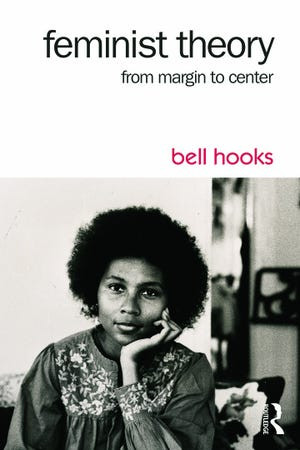
Everything about her made her shine- be her name or her writings. bell hooks was born Gloria Jean Watkins on 25th September 1952, Hopkinsville, Kentucky, US. bell hooks was her pen name, adopted to honour her maternal great-grandmother, Bell Blair Hooks. For her, it was also a way to erase her younger self, a girl who was always wronged, always punished- as per the profile of the feminist from 1999 in The Washington Post. hooks also kept her name in lower case to make her work stand out and not to draw focus on herself. hooks' works gave a new perspective to the idea of feminism in the 1980s. Ain't I a Woman? - Black women and feminism (1981), Feminist Theory: From Margin to Center (1984), Talking Back: Thinking Feminist, Thinking Black (1989), spoke about the effect of racism and sexism on Black women, feminist movements from suffrage to the 1970s and targets white-supremacist-capitalist-patriarchy.
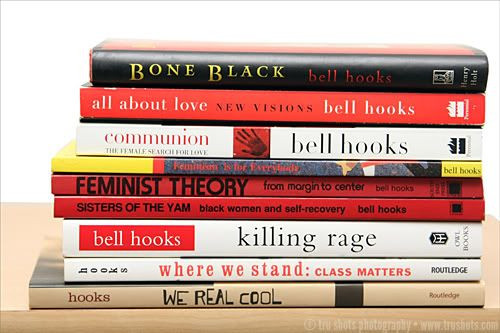
She grew in the racially segregated south, attended school with similar bifurcation. She was one among the seven children in a household she would later describe as dysfunctional. Literature and writings rescued her from social oppression and discrimination. Toni Cade Bambara’s 1970 anthology The Black Woman, Sojourner Truth, and Martin Luther King Jr influenced her. In fact, her first book- Ain’t I a Woman? got its title from abolitionist Sojourner Truth’s speech- “Ain’t I a Woman”. Emily Dickinson, Gwendolyn Brooks, and Elizabeth Barrett Browning's poetry inspired her. hooks first published work was a poetry book titled- "And There We Wept" in 1978. Hooks wrote over 30 books enfolding different genres including literary criticism, children’s fiction, self-help, memoir, and poetry. One thing was common in her books was her writing style- flowing, jargon-free and simplistic approach towards complex concept.
The central idea of her book was gender, black women, capitalism, masculinity, and patriarchy. Her speeches and interviews traced injustice to black women, men victim to patriarchal masculinity. Her mid-2000s works also drew criticism, for example, her book- We Real Cool: Black Men and Masculinity (2004). In one of her speeches, she stated- Men are seen as a strength, invulnerability, and maintaining a competitive edge. Emotional openness and honesty are still among the sacrifices made to patriarchal masculinity. Only feminism has offered men hope to break free from patriarchal thinking. Targeting government, she says, “Why is it hard to bring patriarchy on the table and talk about it”. Moreover, she believes everybody is interested in talking about race, gender but the Silent discourse in our culture is about the patriarchy, but no one wants to talk.
hooks pursued English Literature from Stanford University and the University of Wisconsin-Madison, and then a Ph.D. from the University of California. Since 2004 taught at Berea College in Kentucky. Her most ambitious project- The bell hooks Institute documented the life and work of intellectuals, feminist theorists, cultural critics, artists, and writers. In an interview, she said, “My work has been and hopefully want it to be for the people. I want to create a space where anybody who walks in can see it and work with it”. She might not be with us but has left a legacy behind. Her works were included in many university courses. hooks have been awarded many honours and were inducted into the Kentucky Writers Hall of Fame in 2018.
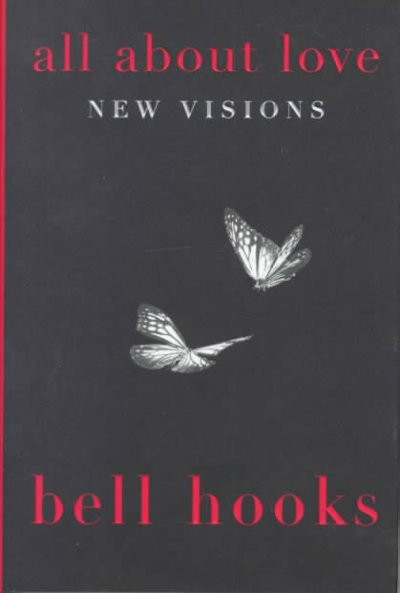
hooks identify herself as “queer-pas-gay. In her speech at University of Washington she indicated that gay marriage and family values are new names for patriarchy. "When we advocate any kind of different, without changing language, without talking about what we are wanting, what kind of coupling we want...we end up reinscribing the heterosexism, heterosexist practice...even if people involved are not heterosexual. The patriarchal family is the most f*** up system in the world”. The bell hooks center stands for the same, it has been an inclusive space for women, LGBTQPIA+ students, and students of colour. hooks personality was distinct she practiced what she preached. Her writings defined her and vice-versa. John Powell, a Director of UC Berkeley research institute described her as love and all the complexities of it. Her one of the books - All About Love: New Visions (2000), put lights on ethic of love, community and its complexities. Her writings still make so much sense be it on LGBTQPIA community, feminism or self-love.
- Snehal Mutha
muthasnehal535@gmail.com
Tags: #obituary #tribute #feminst #AintIawoman #whitesupermacy #blackwoman #feminsttheory Load More Tags

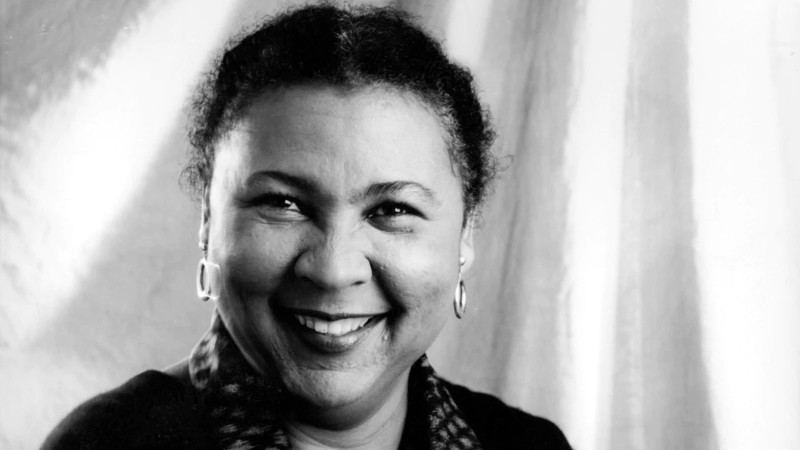


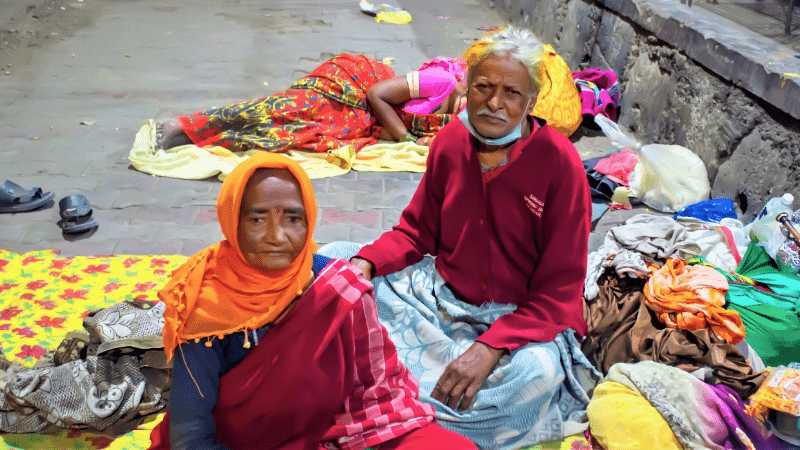
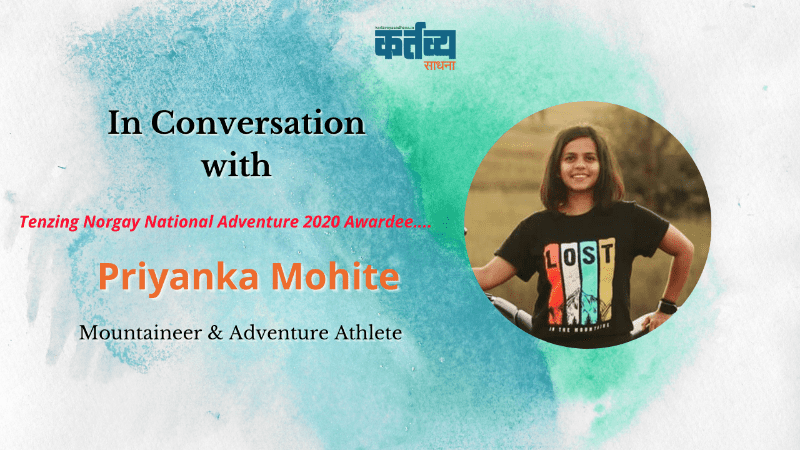
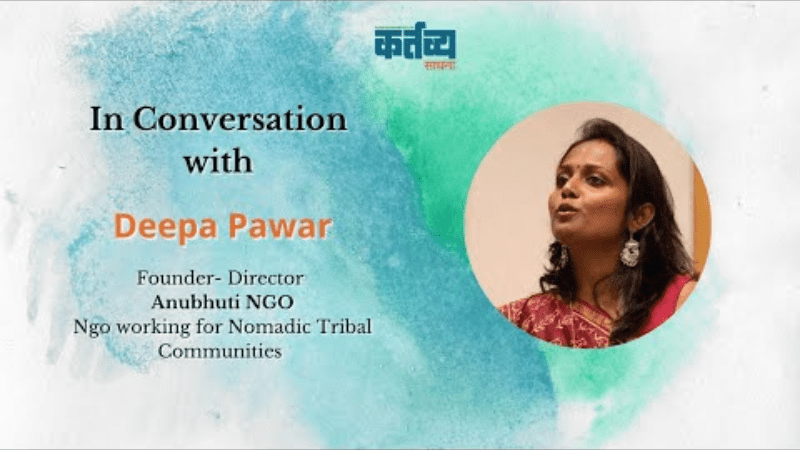
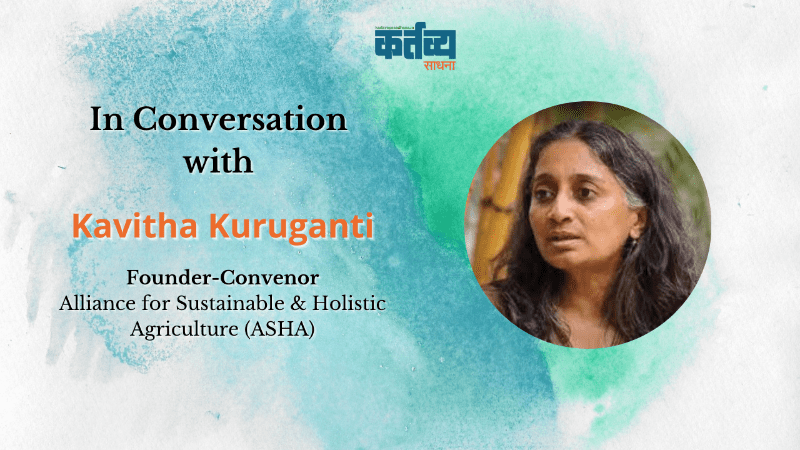

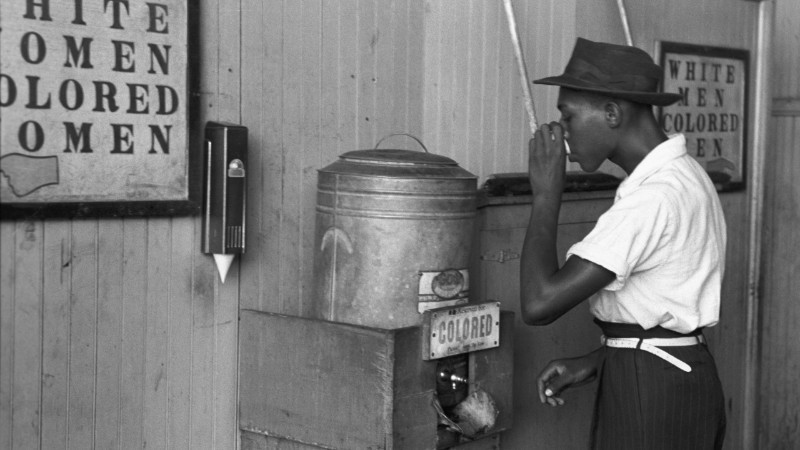

























Add Comment